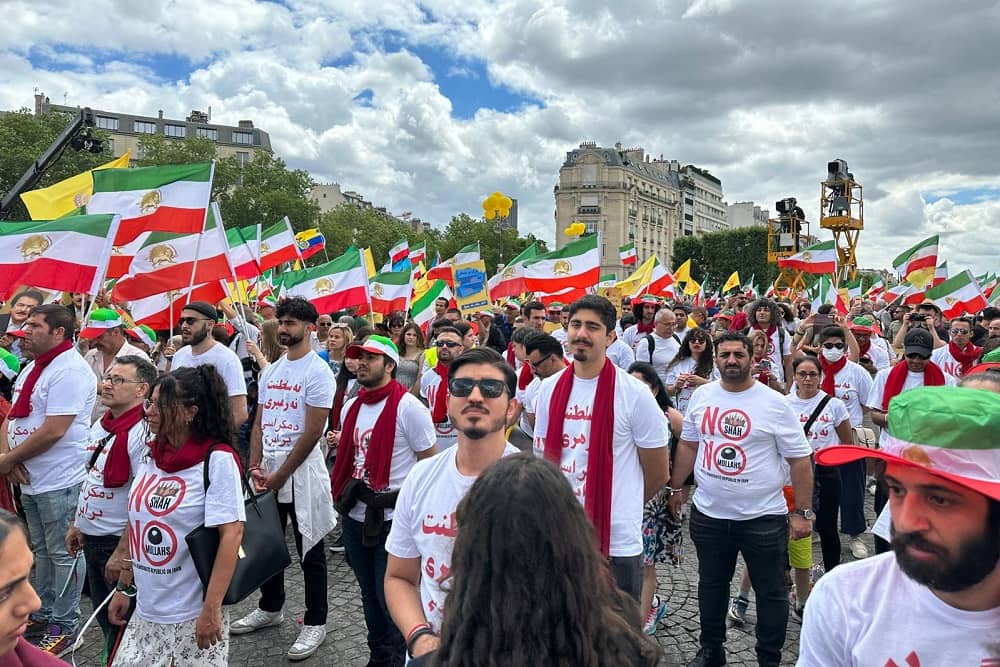
The government’s actions against these groups have not only been persistent but also multifaceted, encompassing domestic crackdowns and international conspiracies.
The regime’s strategy includes widespread domestic propaganda efforts, unjustified arrests of thousands of NCRI and PMOI supporters, and international assassination plots. This relentless pursuit persists despite Iran facing severe economic, social, and political crises, alongside growing international isolation and significant regional security challenges.
A stark example of these tensions surfaced following a request from Argentina for the arrest of Iran’s interior minister, Ahmad Vahidi, during his visits to Pakistan and Sri Lanka. The request led to Vahidi’s trip being abruptly canceled, illustrating the international ramifications of Iran’s internal politics.
Maryam Rajavi: Prosecutor Nisman is a martyr for peace and humanity and not just a martyr of the Argentinean people http://t.co/t6gAqimNDp
— Maryam Rajavi (@Maryam_Rajavi) January 28, 2015
In retaliation, certain Iranian state media outlets have revived claims against the 1994 AMIA bombing case, accusing the NCRI of fabricating allegations in a bid to manipulate international opinion against Iran. These media attacks coincide with the Iranian judiciary’s announcement of an impending verdict in a staged trial against 104 NCRI members.
The trial is seen as part of a broader campaign to discredit the NCRI, which the regime labels as the largest terrorist organization in recent history. Such statements underscore the deep-seated animosity towards the NCRI, which Iran accuses of escalating its illegitimacy through widespread disclosures of the regime’s clandestine nuclear, missile, and regional activities.
Moreover, the legal deputy to President Ebrahim Raisi has claimed that the U.S. has supported the PMOI with resources to commit crimes against Tehran, further complicating the international discourse surrounding these opposition groups. Over the decades, Western governments, under pressure from Tehran, have taken extensive measures against the PMOI, including blacklisting and confiscation of assets.
Justice in Absurdity: #Iran’s Lawless Dictator Holds Trial of Sworn Enemieshttps://t.co/gMVIRpmuT0
— NCRI-FAC (@iran_policy) December 25, 2023
Despite these actions, the regime’s statements suggest a continual perception of insecurity, driven by the NCRI’s influential role in exposing state secrets and fostering uprisings Internationally, the Iranian regime’s call for the extradition of PMOI members from countries like Albania illustrates the global scope of this conflict.
This demand is part of Iran’s broader strategy to extend its judicial reach beyond its borders, reflecting a persistent effort to quash dissent wherever it may exist. As the situation unfolds, the international community faces a complex challenge in addressing the crises emanating from Iran.

The saga of the NCRI and PMOI not only highlights the plight of political dissidents but also underscores the broader geopolitical stakes involved in Iran’s quest for domestic and regional hegemony

MEK Iran (follow us on Twitter and Facebook), Maryam Rajavi’s on her site, Twitter & Facebook, NCRI (Twitter & Facebook), and People’s Mojahedin Organization of Iran – MEK IRAN – YouTu







